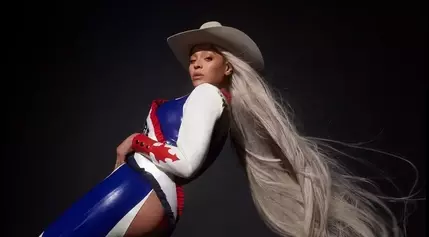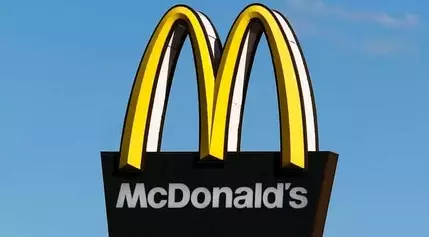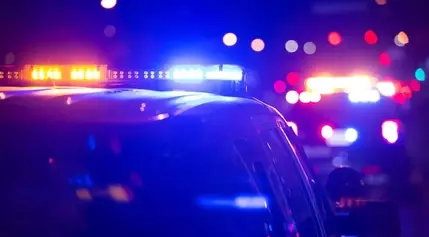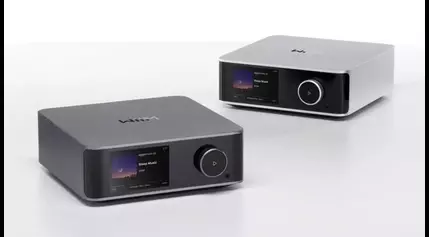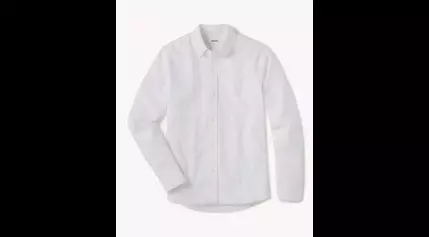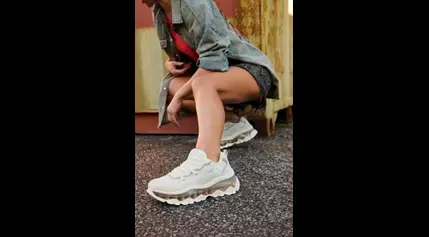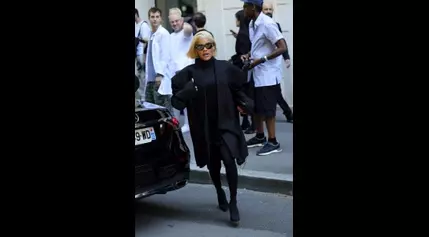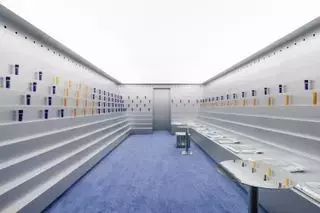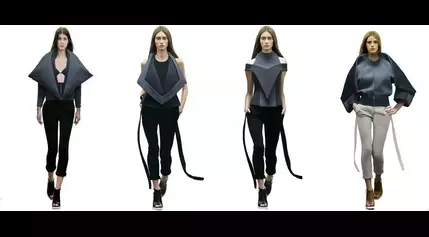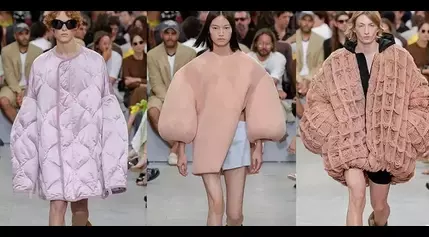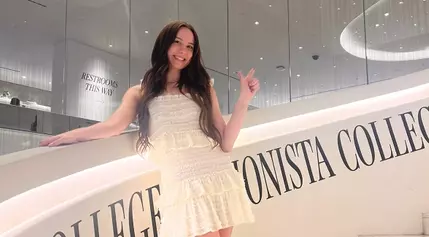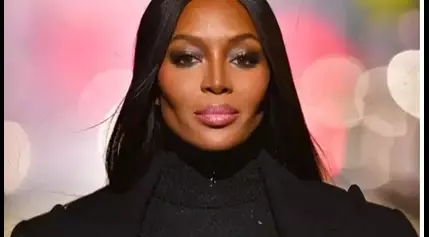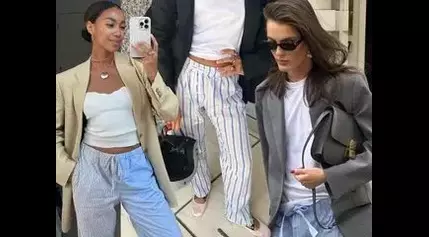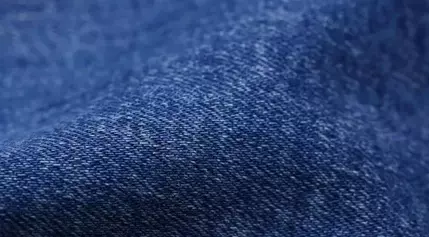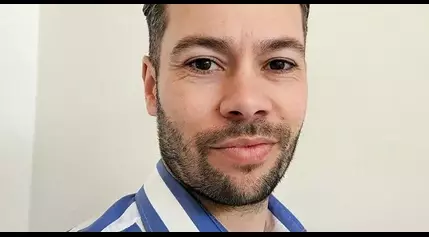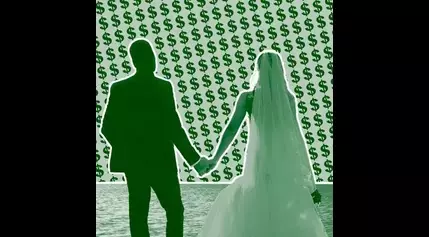The recent sentencing of Donald Trump in a New York criminal case has sparked renewed attention on the ongoing legal challenges faced by the former president. Despite receiving an unconditional discharge, Trump remains determined to appeal his conviction for falsifying business records. This decision opens up a complex series of legal proceedings that could take months or even years to resolve. The case highlights the intricate nature of appealing such convictions and the potential impact of recent Supreme Court rulings.
The Path Forward for Trump's Appeal
The next phase of Trump's legal journey involves filing a notice of appeal within 30 days of his sentencing. This step transfers jurisdiction to a New York intermediate appeals court, which will review arguments from both sides. The process may extend over several months as the court examines briefs submitted by Trump's legal team and the Manhattan prosecution office. Oral arguments might also be scheduled, providing judges with the opportunity to question both parties.
Furthermore, Trump's legal team could explore unconventional avenues for appeal. Prior to sentencing, they attempted unsuccessfully to bring constitutional challenges to federal courts. Now, with a fresh opportunity post-sentencing, they may revisit these strategies. Additionally, the Supreme Court's recent ruling on presidential immunity adds a new layer to Trump's appeal arsenal. This ruling stipulates that evidence related to official presidential acts cannot be used in criminal prosecutions against former presidents, potentially undermining key aspects of the original case against Trump.
Potential Arguments for Trump's Appeal
Several key arguments are likely to feature prominently in Trump's appeal. One central point is the application of the Supreme Court's July 1st ruling on presidential immunity. Trump's legal team contends that certain evidence presented during the trial was improper under this ruling. They argue that testimony and evidence extending beyond the specific charges should not have been allowed, citing precedents like the Harvey Weinstein case where similar issues led to overturned convictions.
Another significant argument centers on Judge Merchan's instructions to the jury. Critics suggest that Merchan's guidance was overly broad, allowing jurors to consider various avenues for proving guilt without agreeing on a single path. Specifically, the inclusion of federal campaign finance laws as a basis for determining guilt on state charges has raised concerns. Trump's team may challenge whether it was appropriate for jurors to consider federal crimes when deciding on state-level falsification charges. These points collectively form a robust foundation for Trump's appeal, setting the stage for a protracted legal battle.
















